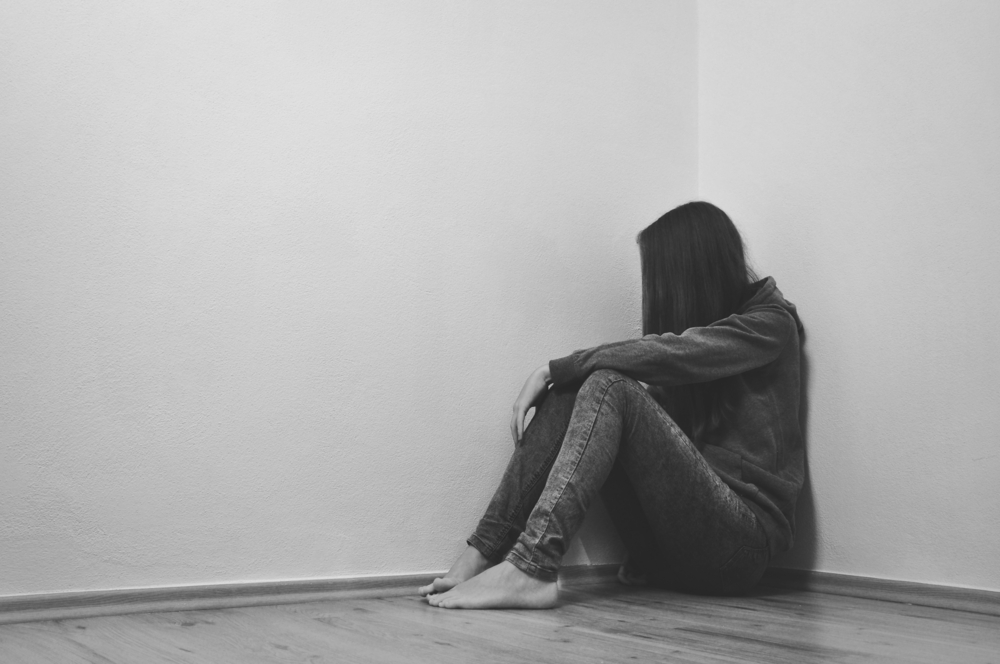Why do teens cut?
The first thing parents need to remember-cutting is in most cases not a suicide attempt. It doesn’t seem harmless, especially not to parents, since it’s a form of self-injuring by making small cuts mostly on legs and arms. For parents to understand the underlying reasons for this behavior, we’ll try to clarify this step by step.
What’s behind teenagers who cut? Psychologists say it’s a way for teenagers to cope with and control emotional pain, express feelings they cannot put into words, and distract themselves from difficulties in real life. Cutting provides a relief for all these emotions kept inside. Sadly, it’s only a short term solution because self-harm is related to broader emotional issues that need attention. There are several factors that make some teens susceptible to cutting and these include:
- emotional development
- lifestyle and balance
- physical and mental health
- stress level
- sensitivity to stress
So, self-inflicting cuts is a symptom for a bigger problem. Teenagers are under a lot of pressure from the environment. From grades at school, fitting it, peer pressure, not letting people down, looking stylish, keeping up with expectations, getting into a good college, sometimes even bullying, and love issues, to lacking sufficient emotional development. Seems like our youth has a lot to cope with and they are unable to.
Cutting is not to gain attention
Another thing parents should keep in mind-cutting is not for attention. Teenagers who cut are ashamed of cutting, which is why they usually cut in places covered by clothing and carefully hide it. Cutting is surrounded by shame and fear, so teens won’t speak openly about it. That’s why many parents go without noticing their children are self-harming for years.
Signs and symptoms of teen self- cutting
Don’t be kept in the dark for so long. There are ways for family and close ones to notice if someone is self-harming if they know what to look for. Signs and symptoms of cutting:
- Blood stains on their clothes, towels or bedding
- They are isolated for long periods of time, locked up in their room or bathroom
- Sharp objects such as razors, knives, bottle caps, glass shards in their personal belongings
- Saying they are so clumsy all the time in order to explain the cuts and bruises
- You can notice unexplained wounds or small, linear scars on their skin
- Wearing long sleeves and pants when the weather is hot
How can parents help teens who cut?
So, how can parents help their teen stop cutting and help them feel better without self-inflicting cuts? We know it’s frightening, but remember to breathe! A calm and open conversation can take you further than you might expect, educate yourself about cutting, find professionals who can help, be loving and supportive to your teen child.
Parents tip #1: Be calm.
Be open and direct about the issue, but don’t act out of anger and don’t yell or threaten your child. Manage your own emotions, and accept them. It’s ok to be frightened, worried, shocked, angry, confused or even disappointed, but never let emotions carry you in such crucial situations. Don’t forget that you are the parent and you need to provide support for your teen.
Parent tip #2: Learn as much as possible.
If you are reading this text, you are probably already trying to learn as much as you can about cutting. Focus on uncovering the reasons that compel teens to cut and analyze them, and then search for ways to help.
Parent tip #3: Seek professional help.
It’s important to seek help. Your teen may be more comfortable to open up to someone else. So, finding a qualified mental health professional can help you and your child understand why s/he cuts, help your teen overcome old hurts and learn and develop new coping skills. You can consult your doctor or a counselor at your teen’s school for guidance on finding a good therapist. It’s important that your teen feels comfortable with the therapist and can be open.
Parent tip #4: Stay involved in the process.
Once you found a therapist who’s helping your teenager, your work is still not done. As parents, you need to stay involved in the process and offer encouragement and support. The very same therapist can provide you with guidelines on how to talk with your child and stay positive.
What NOT to do for teens who cut
The big “DON’Ts” for parents of teenagers who self-cut are NO yelling, screaming or punishing. DON’T accuse them it’s an attention-seeking behavior, and DON’T ignore the problem-the sooner you react the better. DON’T think you can “fix” this on your own and do ask for professional help, DON’T be judgmental or unsupportive during treatment.











0 Comments